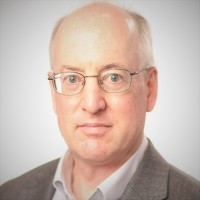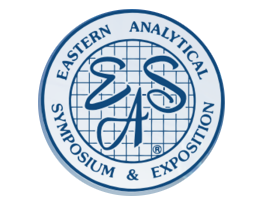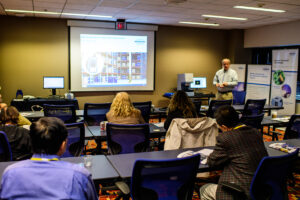One-Day Course:
Date to be announced; 8:30am – 5:00pm
Dr. Gregory C. Slack, SME in GC, HPLC, Pharma Analysis and
Method Development & Validation, Baldwinesville, NY
Dr. Nicholas H. Snow, Seton Hall University, South Orange, NJ
COURSE DESCRIPTION
Gas chromatography (GC) and GC/mass spectrometry (MS) are staple techniques in chemical analysis. This course will enable users of GC and GC/MS to extend the power of their instruments to separate wider ranges of compounds with better sensitivity and fewer problems. Specific sessions will focus on method optimization for speed, sensitivity and/or ease-of-use, instrument set-up and qualification, troubleshooting and maintenance and effective combination of sampling, sample preparation, separation and detection to maximize method performance. Attendees are encouraged to bring example problems from their own work for discussion.
WHO SHOULD ATTEND
This one-day course will benefit analysts, managers, regulators, and researchers, who perform gas
chromatography, develop methods, review and evaluate data, or purchase instruments and equipment. Storing working knowledge of gas chromatography or attendance at a previous basic course on gas chromatography and/or GC/MS is recommended for students in this course.
TOPICS
- Instrumentation, Set-up and Qualification
a. Overview of instrumentation
b. Setting up gases and flows
c. Initial and ongoing qualification
d. Transitioning: GC to GC/MS - Method Optimization
a. Speed versus Resolution versus ease-of-use
b. Sensitivity and detection limit - Maximizing Instrumentation Performance
a. Generating selectivity
b. Sampling and sample preparation
c. Column selection
d. Detection
e. Examples and discussion - Maintenance and Troubleshooting
a. Avoiding common (and not-so-common) problems
b. Troubleshooting instrumental parameters
c. Troubleshooting chromatograms - Open Discussion and Questions Encouraged Throughout the Course

ABOUT THE INSTRUCTORS
Dr. Gregory C. Slack has nearly 20 years of experience as an analytical chemist in the pharmaceutical industry serving increasingly responsible roles in research, manufacturing, new employee training, continuing education and directing analytical development at contract testing laboratories. Companies include DuPont Merck, DuPont, Bristol-Myers Squibb, Wyeth Pharmaceuticals, Boston Analyticaland other contract labs. He was Director of Research and Technology Transfer at Clarkson University for 12 years. In this capacity he oversaw the conduct and promotion of sponsored research and technology transfer activities at the University. Dr. Slack received his Ph.D. in analytical chemistry from Virginia Polytechnic Institute and State University. His academic experience also includes serving as an Adjunct Research Assistant Professor of Chemistry at Clarkson University, Adjunct Instructor at SUNY Plattsburgh and Instructor of Analytical Chemistry at the University of Massachusetts, Lowell, Continuing Education.

Dr. Nicholas H. Snow is Dr. Thomas and Mrs. Sylvia Tencza Professor and Chair of Chemistry and Biochemistry at Seton Hall University and Adjunct Professor of Medical Science at Hackensack Meridian Medical School. He is GC Connections Editor of LC-GC Magazine and Associate Editor of the Journal of Liquid Chromatography and Related Technologies. He teaches advanced undergraduate and graduate courses in analytical chemistry and separation science. He has taught over 100 short courses over the past 30 years for ACS, EAS and numerous industrial firms. He has been recognized twice by the Seton Hall University Board of Regents for outstanding teaching and service to students. He has published two books, over 100 research articles and chapters on separation science and maintains an active research group with projects involving rapid separations of complex mixtures, multidimensional separations, sampling techniques, gas chromatography, gas chromatography/mass spectrometry and green chemistry. He is especially interested in working with industrial partners in solving difficult analytical problems. He is the 2025 recipient of the Eastern Analytical Symposium Award for Outstanding Achievements in Separation Science.

